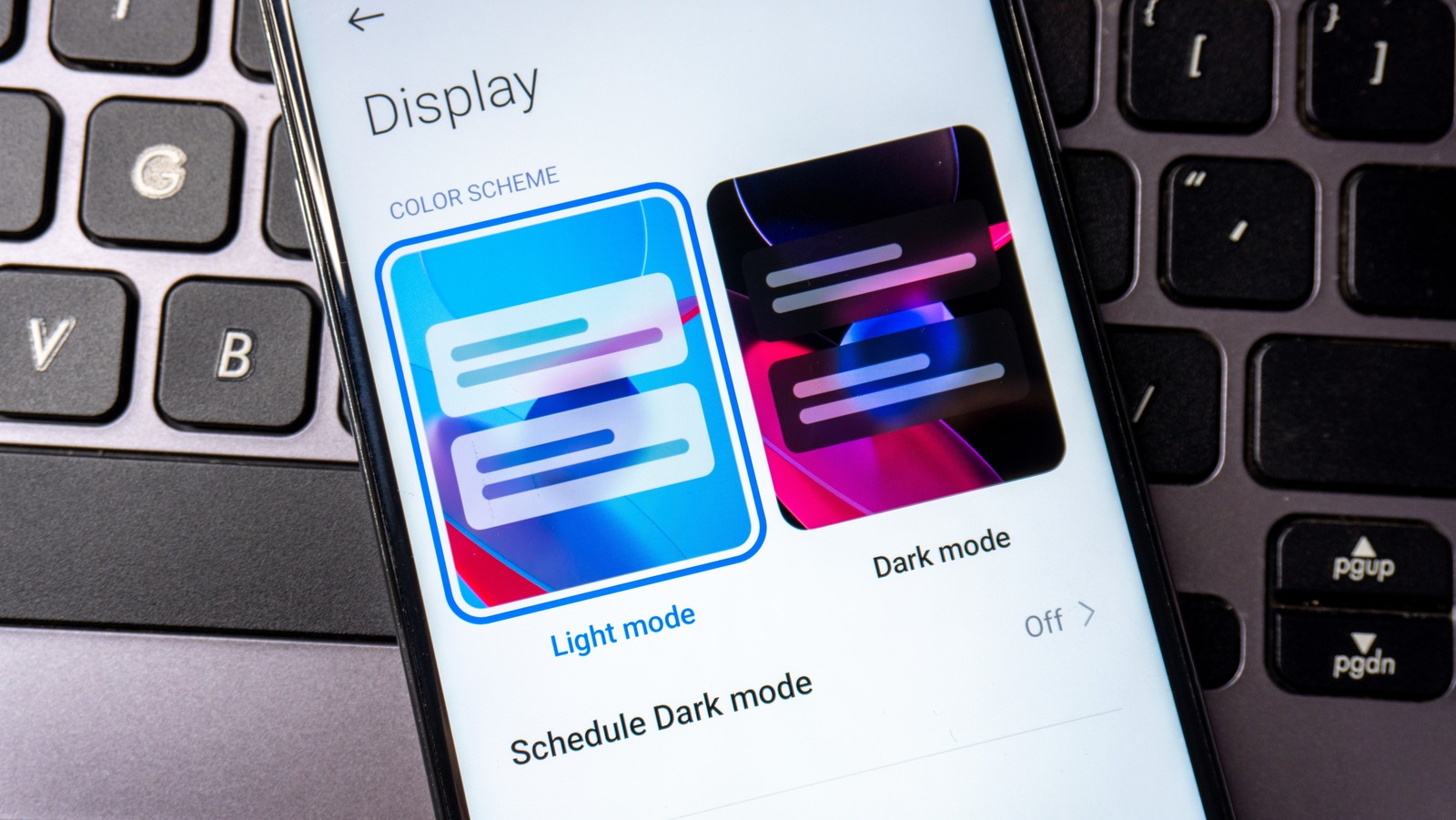Two organizations filed a joint amicus brief, siding with Apple over a U.S. District Judge Yvonne Gonzalez Rogers ruling on attorney–client privilege limits in the Epic Games lawsuit. Here are the details.
Abuse of privilege
When Judge Yvonne Gonzalez Rogers ordered Apple in April to fully comply with her 2021 App Store injunction, she also denied Apple’s motion to remove certain records, based on attorney–client privilege.
Some of these records were e-mail chains, which included in-house attorneys. Apple tried to exclude those from the record on attorney–client privilege grounds, but Judge Rogers denied Apple’s motion, saying that “Adding a lawyer’s name to a document does not create a privilege.”
Judge Rogers also noted that Apple seemed to have included in-house attorneys in the e-mail chains to be able to invoke client-attorney privilege tactically, and wrote this in the “Abuse of Privilege” segment of her ruling:
“Adding a lawyer’s name to a document does not create a privilege. Instructions from Apple’s internal counsel Jennifer Brown are illustrative. In a set of email exchanges discussing drafts of a Project Wisconsin presentation, Ms. Brown wrote, “[a]lso, one procedural tweak – can we change the ‘Prepared at the Request of Counsel’ label in the slides to ‘Prepared at the Request of External Counsel’. This work is necessary for our outside counsel to advocate our compliance.” (CX-538.4.) Every email on this email thread self-designates as privileged, as does every slide in the presentation, even though the vast majority of information therein this Court and Judge Hixson have held do not contain privileged information, but rather documents the business assessment Apple was conducting that is central to enforcement of the Injunction. While
Ms. Brown explained that Apple was “working very closely with” external counsel “throughout the entire process” (Feb. 2025 Tr. 1615:4–5), that does not automatically confer privilege protections on all documents relevant to that process.”
Judge Rogers also notes that “The record is rife with such examples of over-designation of privilege,” citing one e-mail sent to Tim Cook as an example, which contained business issues rather than strict legal advice.
Bad for compliance
In reaction to this decision, two companies, TechNet and the Association of Corporate Counsel, filed an amicus brief calling attention to the fact that “In modern corporate environments, the overlap of [legal and business council] becomes more pronounced,” and that the court’s decision could establish a dangerous precedent, creating legal uncertainty for companies trying to do the right thing.
As noted by Drew Hudson, vice president and general counsel at TechNet (via Bloomberg Law):
“Companies will be forced into a kind of blind compliance if they can’t rely on in-house attorneys to help them navigate. What you’ll have instead is companies just kind of figuring it out based on a Google search or hoping that they figured it out. Or they won’t bother to try. That’s bad for compliance. It also creates a massive litigation risk.”
In the amicus brief, the two companies also mention factors such as in-house and outside council costs, claiming that Judge Rogers’ decision could have more serious implications for smaller companies:
Smaller companies simply do not typically have the budgets to regularly hire outside lawyers, such as for routine or non-litigationmatters. As a result, such companies rely more on in-house lawyers who are necessarily involved in both legal issues and business matters. And during times of economic uncertainty, companies of all sizes would find in-house counsel not only more attractive but critical to their company’s survival.
They claim that the “Court should hold that the District Court erred by relying on privileged materials in determining Apple’s compliance with the prior injunction,” and oral arguments for this matter are currently scheduled for October 21.
Limited time Apple Watch deals on Amazon
FTC: We use income earning auto affiliate links. More.









